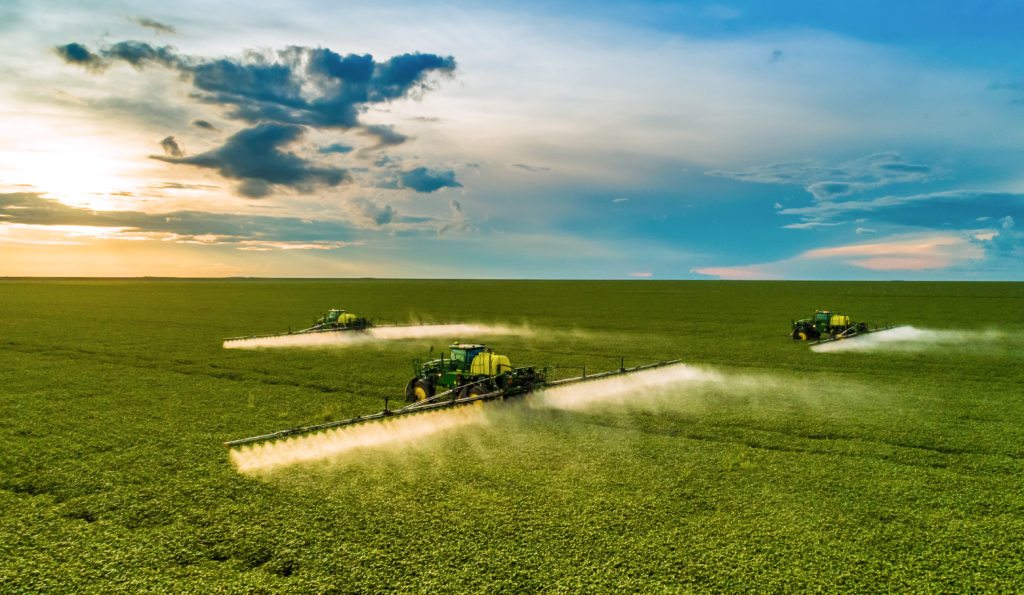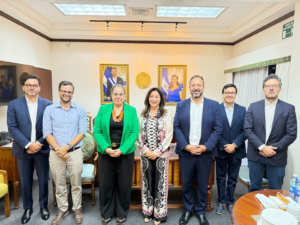
The World Bank Group announced a significant increase in its financing to the agroindustrial sector, doubling its commitments to reach US$9 billion annually by 2030. This change seeks to unleash private investment, increase productivity and improve climate resilience, creating a comprehensive ecosystem for agroindustry.
The new approach responds to four key trends: climate change, innovations in finance, digitalization and the solution to fragmentation. In addition, the World Bank aims to take advantage of the growing demand for food, which is expected to increase by 60% in the coming decades, and to promote job creation in emerging markets.
Ajay Banga, President of the World Bank Group, highlighted that this strategy will allow us to overcome the fragmented efforts of the past, integrating solutions from production to logistics, focused on small farmers and producer organizations.

This ecosystem approach is the result of more than 16 months of internal work, which seeks to simplify the Bank’s operation and better coordinate its resources to offer customized solutions. The Group will combine resources from the International Bank for Reconstruction and Development (IBRD), the International Development Association (IDA), the International Finance Corporation (IFC) and the Multilateral Investment Guarantee Agency (MIGA).
The World Bank also seeks to mobilize up to an additional US$5 billion by 2030, helping governments reform regulations, standards and climate financing. In addition, it will facilitate small farmers’ access to supply chains, improving their productivity and sustainability.

With these measures, increased agricultural productivity is expected to generate more jobs, income, better quality food and better nutrition, while reducing carbon emissions and improving water and air quality.







